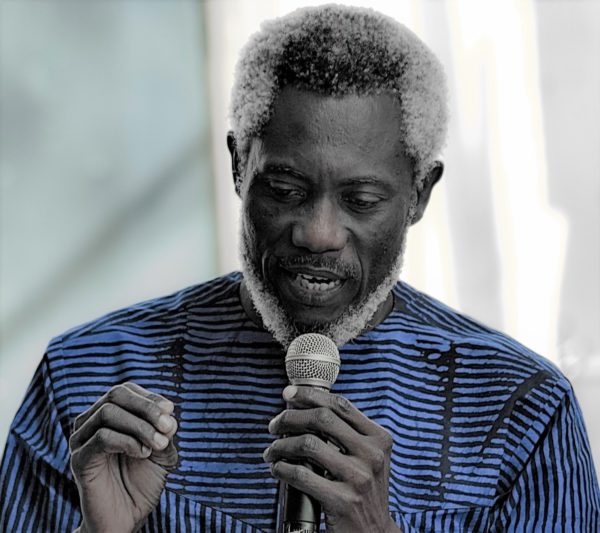
In November 2019, the Nigerian author Chuma Nwokolo called out Nollywood filmmaker Bright Wonder Obasi for using sections of his short story without permission or due credit. Nwokolo pointed out scenes in Obasi’s 2018 film If I Am President which bore “disturbing similarities” to his 2010 story, “Ten Commandments of Nigerian Politics.” He then hinted that a lawsuit was imminent.
It appears that Nwokolo made good on his threat. In a new post on his website, titled “A Fourth Dimension of Plagiarist,” he stated that his short story was published under a creative commons license, which allows for the work “to be re-posted and republished in full, for free, without reference to me, so long as I was acknowledged as the author and it was not ‘remixed.’” The makers of the film had not taken this into consideration, hence his public complaint and subsequent lawsuit classified “Nwokolo v. High Definition Film Studio,” which ruled that:
Five paragraphs that could have been available for free, by prior request, licence and credits were—for want of due process—licensed after needless strife, for a seven figure compensation.
Nwokolo revealed that he was donating half of the compensation to a yet unannounced intellectual property public awareness project for creative industries. High Definition Film Studio has also issued a formal apology to him, and amended its three language translations to give appropriate credits.
But the trouble does not end there.
An online shopping website, Abe Books, advertised copies of four of Nwokolo’s novels—Diaries of a Deaf African, The Ghost of Sani Abacha, How to Spell Naija Vol 1, and One More Tale for the Road—as being published by Fourth Dimension Pub. Co., which authorized the UK-based wholesaler Paperbackshop to print and sell copies to buyers through www.abebooks.com. According to Nwokolo, he was not in a contract with any of the parties and is consequently not entitled to royalties from the work. Paperbackshop is run by Angela Gillett and John Phillip Woolley and operates shopfronts on www.abebooks.com where pirated, printed copies of Nwokolo’s books are offered on identical print-on-demand terms to the general public.
In the post, Nwokolo went on to share another experience at a local bookstore in an unnamed African city. After finding some of his titles on the shelves, he was informed by the bookseller that they were shipped from the UK, having being printed there without his knowledge or compensation. As usual, Nwokolo hinted at an imminent lawsuit.









Henry January 20, 2020 07:22
Thank you, sir, for standing up to these people who disrespect intellectuals but profit from their sweat.